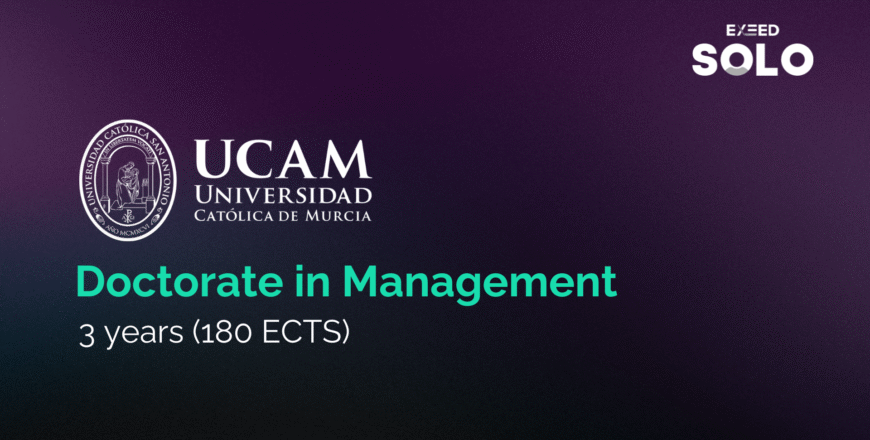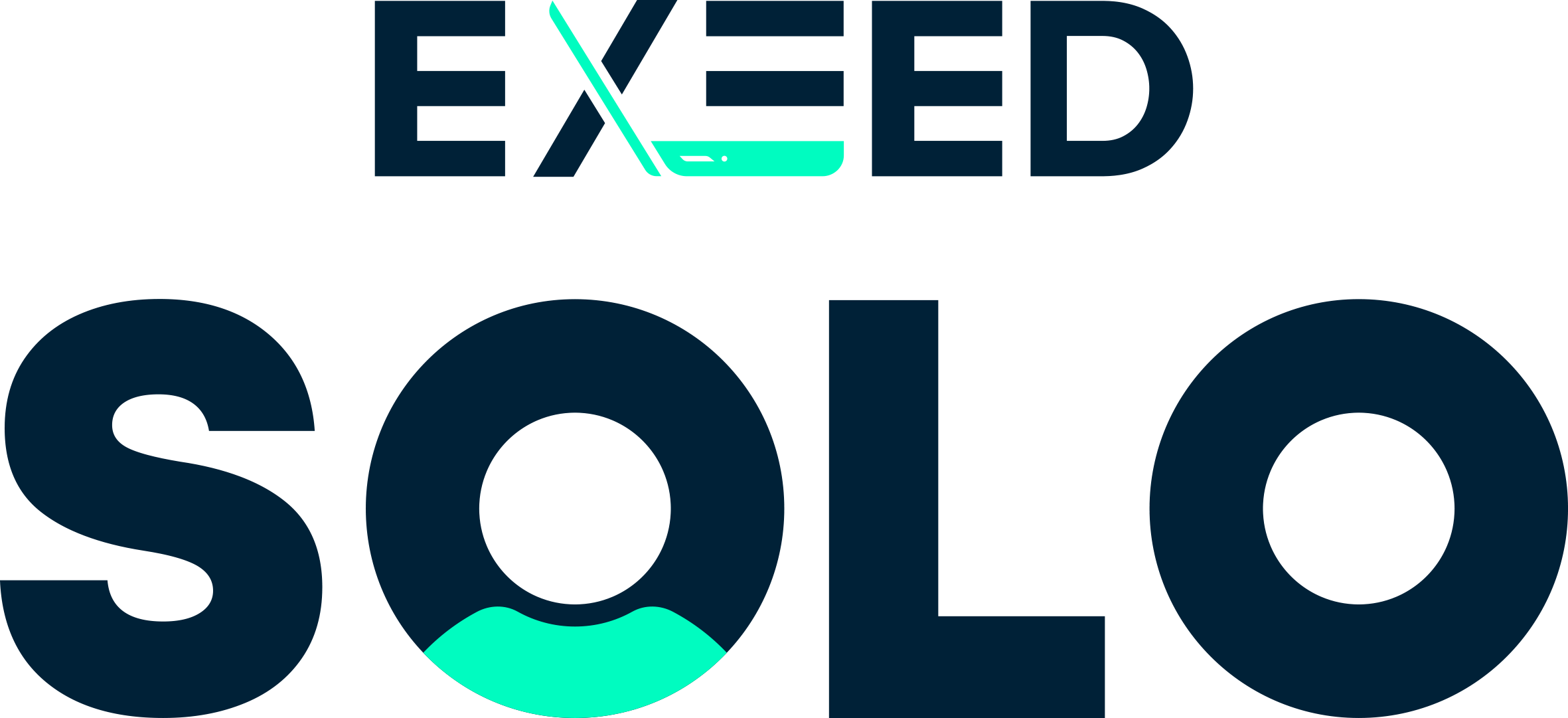Doctorate in Management - UCAM, Spain
- Description
- Curriculum
- Reviews
The Doctorate in Management from UCAM – Catholic University of Murcia is a prestigious research-driven program designed for senior professionals and aspiring scholars aiming to achieve expertise in advanced management concepts. This program develops strategic thinkers, academic researchers, and industry leaders equipped to solve complex organizational challenges through evidence-based approaches.
Through a rigorous curriculum, students are immersed in cutting-edge research methodologies, critical analysis, and doctoral-level scholarly writing, empowering them to contribute new knowledge to the field of management. The course fosters a global perspective on management practice, leadership, and innovation with a strong emphasis on research ethics and methodological rigor.
Learning Objectives
By the end of this program, learners will be able to:
-
Understand and apply advanced research methodologies in management contexts.
-
Design and execute independent research projects with methodological coherence.
-
Critically analyze existing theories and contribute to academic and professional knowledge.
-
Develop innovative solutions to complex managerial challenges.
-
Bridge theoretical insights with real-world management practices.
Key Highlights
-
Flexible Online Learning: Designed for working professionals.
-
Structured Doctoral Journey: Includes interactive text lessons, video lessons, discussion forums, quizzes, and practical activities.
-
Research-Focused: Strong foundation in quantitative, qualitative, and mixed research methodologies.
-
Global Perspective: Encourages addressing management challenges across diverse industries and regions.
-
Ethical Research Practices: Focused modules on ethics and transparency in scholarly work.
Modules Overview
-
Introduction to Research Methods
-
Nature and characteristics of research
-
Types of research (Basic, Applied, Evaluation, Action)
-
Research process and importance in management decision-making
-
Ethical considerations in research
-
-
Research Topic and Questions
-
Identifying research problems and gaps
-
Formulating effective research questions using the FINERMAPS framework
-
Critical thinking on feasibility, novelty, and practical relevance
-
-
Research Methodology
-
Application of Saunders’ Research Onion framework
-
Selection of research philosophies, approaches (deductive, inductive, abductive), and strategies
-
Methodological coherence and planning research design systematically
-
-
Quantitative Research
-
Designing quantitative studies (experimental, quasi-experimental, correlational)
-
Data collection techniques (surveys, structured observation)
-
Sampling techniques and variable operationalization
-
Ensuring validity, reliability, and ethical considerations in quantitative research
-
Program Features
-
Assignments and Activities: Real-world scenario-based projects, including designing a complete quantitative study.
-
Discussion Boards: Peer engagement and reflective thinking exercises.
-
Quizzes: Reinforcing critical concepts and methodologies.
-
Video Lectures: Expert-led sessions for practical understanding of research frameworks.
-
Professional Support: Guidance on academic writing, research ethics, and publishing.
Who Should Enroll?
-
Senior managers, executives, and consultants aspiring to academic or research careers.
-
Professionals aiming to strengthen their strategic research capabilities.
-
Candidates interested in contributing original research to the global management knowledge base.
Outcome
Graduates of the UCAM Doctorate in Management will be capable of leading organizational innovation, conducting high-impact academic research, and making data-driven decisions at strategic leadership levels. They will possess the methodological expertise and scholarly insight to contribute to management practices and policies on an international scale.
-
1Quantitative Study DesignsText lesson
-
2Unit 1.1: Introduction to ResearchText lesson
-
3Unit 1.1 Quiz4 questions
-
4Unit 1.2: Research Topic and QuestionsText lesson
-
5Unit 1.3: Research MethodologyText lesson
-
6Mastering Research Methodology: Navigating Saunders' Research OnionVideo lesson
-
7Unit 1.4: Quantitative ResearchText lesson


